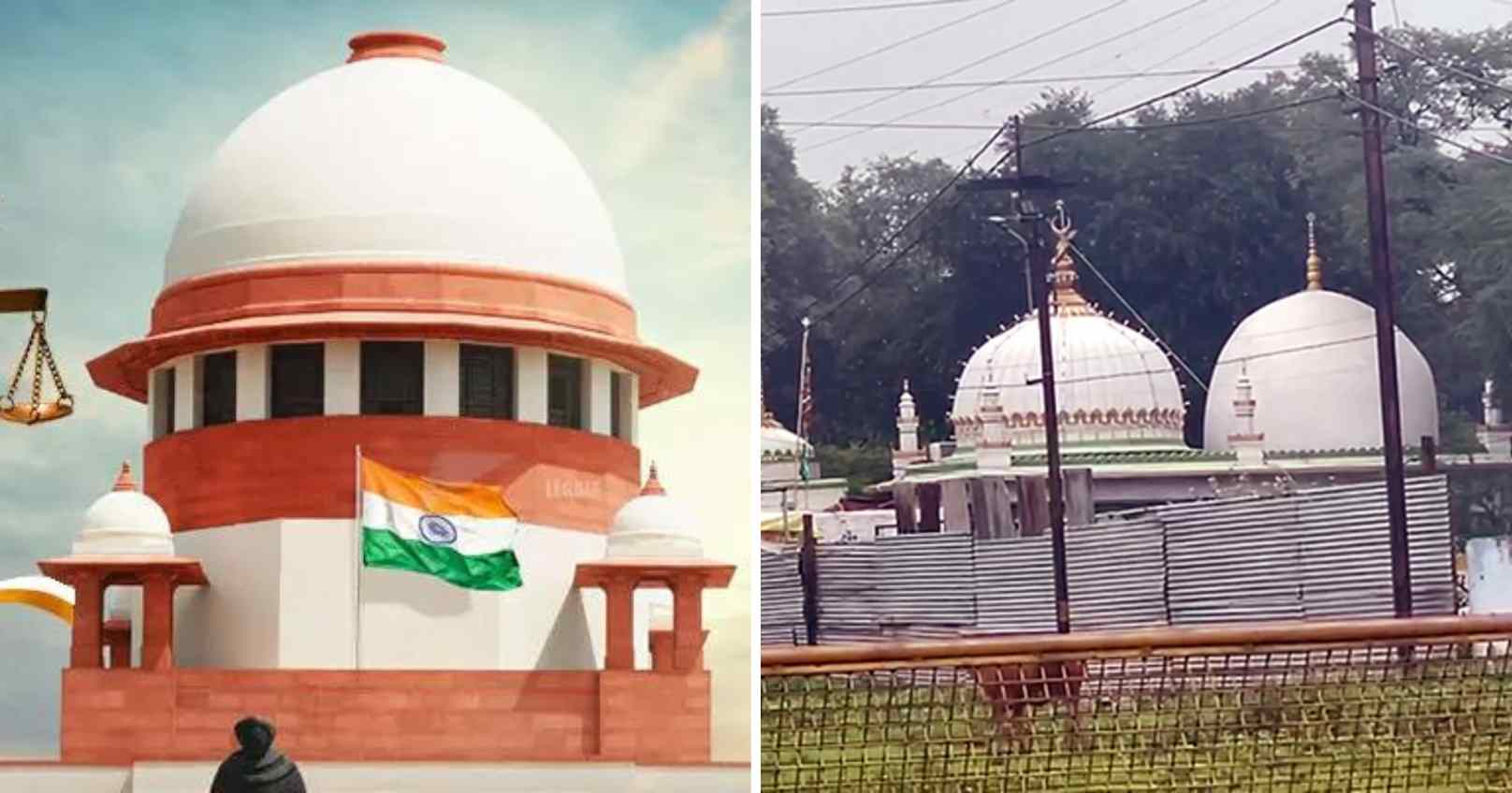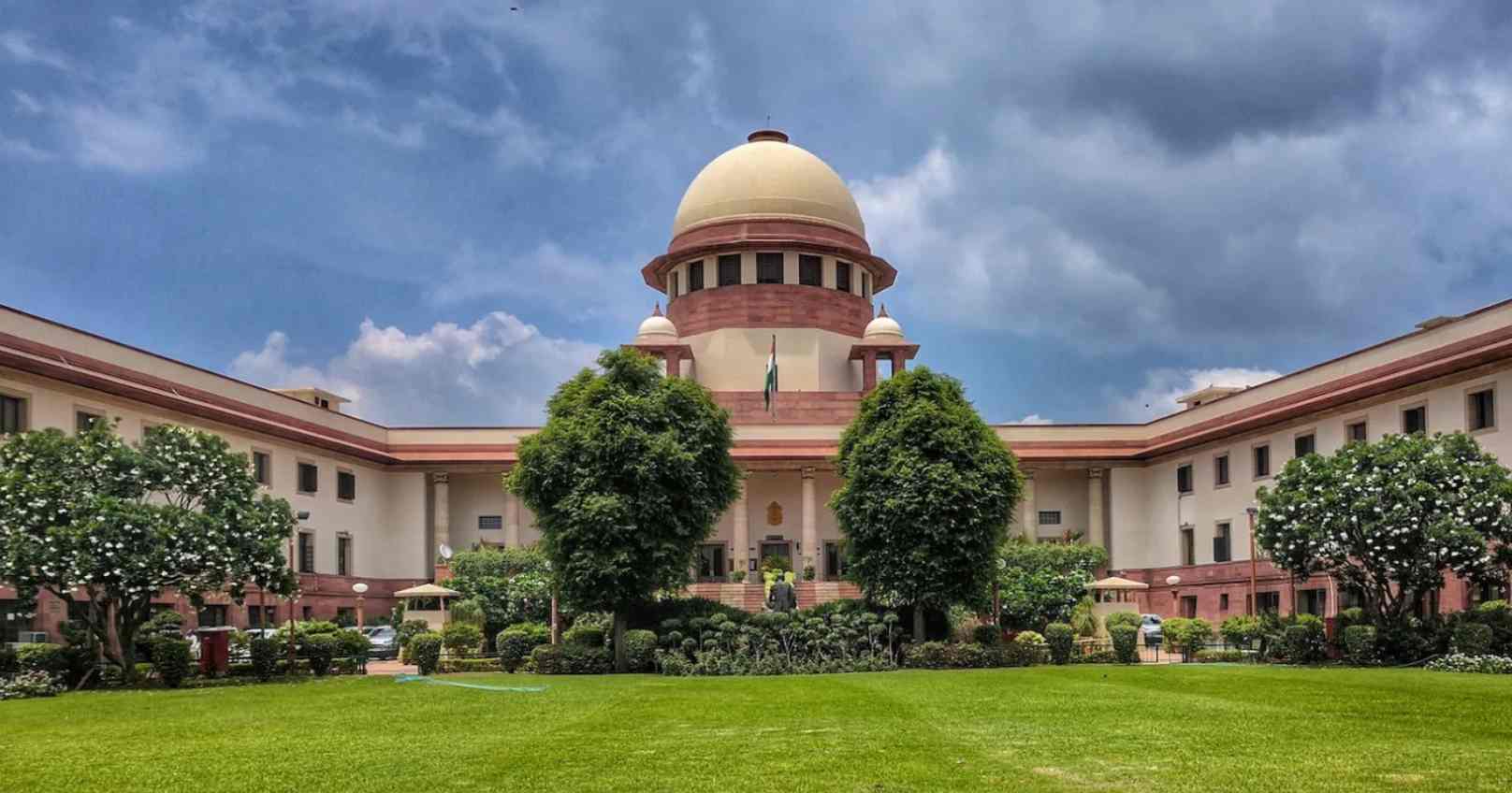The Supreme Court on Thursday ruled that no surveys of places of worship should be conducted, and no new lawsuits related to such matters can be registered until it decides on the validity of the Places of Worship (Special Provisions) Act, 1991. Additionally, the court directed all lower courts to refrain from examining related cases or issuing orders on ongoing suits.
The 1991 Act mandates the preservation of the religious character of any place of worship as it existed on August 15, 1947, and prohibits its conversion.
Hearing on the 1991 Act
The decision came while a bench comprising Chief Justice of India Sanjiv Khanna and Justices PV Sanjay Kumar and KV Viswanathan heard a series of petitions challenging the constitutionality of the Act. The Supreme Court has sought the Union government's response to these pleas, granting it four weeks to file a counter-affidavit.
The bench emphasized, “When a matter is pending before us, is it just and fair for any other court to examine it? We are considering both the vires and ambit of the Act, along with its implications for cases like the Ram Janmabhoomi dispute.”
Key Provisions and Controversies
Sections 2, 3, and 4 of the 1991 law are under scrutiny. These provisions prevent altering the character of religious sites and bar lawsuits related to their status as of 1947. Petitioners, including religious leaders and politicians, argue that the Act violates the constitutional rights of Hindus, Jains, Buddhists, and Sikhs under Articles 25, 26, and 29, which guarantee the right to manage religious affairs and protect cultural heritage.
Petitioners contend that the law hinders efforts to reclaim and restore religious sites they believe were historically converted, such as temples turned into mosques.
Impact on Ongoing Disputes
The outcome of this case could significantly influence ongoing disputes, including high-profile cases such as those involving the Gyanvapi Mosque in Varanasi, the Shahi Eidgah Mosque in Mathura, the Shahi Jama Masjid in Sambhal, and the Ajmer Dargah in Rajasthan. Hindu plaintiffs have sought ownership rights over these properties, claiming that mosques were built over ancient temples.
Muslim parties have opposed these claims, asserting that the lawsuits violate the Places of Worship Act, which provides legal protection to religious sites as per their 1947 status.
Next Steps
The Supreme Court has allowed additional parties to join the case and granted the Union government four weeks to file its response. The court's decision on the Act's validity is expected to have far-reaching implications for religious site disputes across the country.







